Sport
Dollar
38,2552
0.34 %Euro
43,8333
0.15 %Gram Gold
4.076,2000
0.31 %Quarter Gold
6.772,5700
0.78 %Silver
39,9100
0.36 %Congo's untapped mineral deposits, estimated at $24 trillion, hold the potential to transform the fortunes of the Congolese people. However the road to prosperity has been marred by decades of instability, political unrest, and economic exploitation.
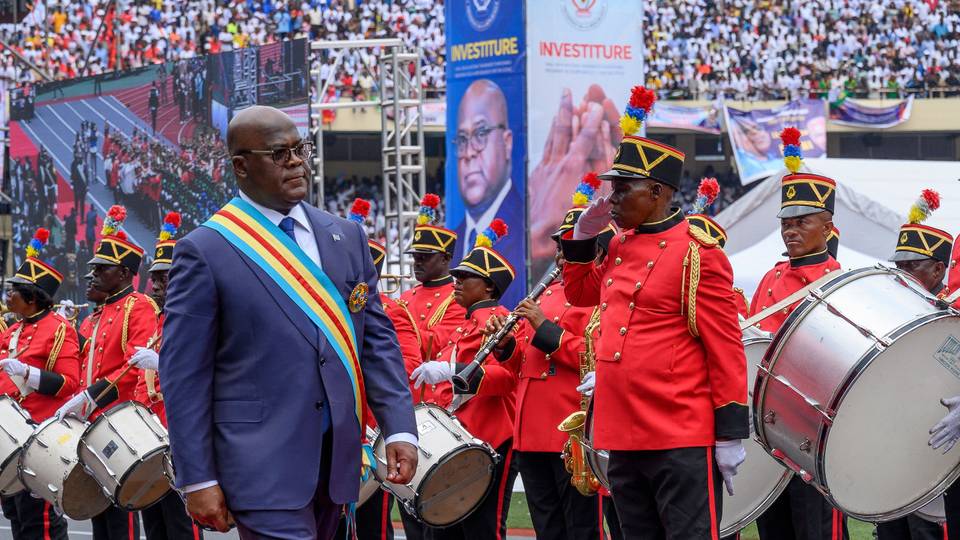
The Democratic Republic of Congo, often referred to as the world's wealthiest country in terms of natural resources, stands at a crucial juncture with the recent inauguration of its new president.
The vast untapped mineral deposits, estimated at a staggering $24 trillion, hold the potential to not only transform the fortunes of the Congolese people but also contribute significantly to the development of the entire African continent.
However, the road to prosperity has been marred by decades of instability, political unrest, and economic exploitation.
Scars of history
The roots of the Congo's challenges trace back to the Berlin Conference of 1885, where Africa was partitioned among European powers.
King Leopold II of Belgium seized control of a vast territory in central Africa, naming it the Congo Free State.
This marked the beginning of a dark chapter in Congolese history, characterized by predation, authoritarianism, and the blatant disregard for human dignity and social justice.
The struggle of the Congolese people for self-determination has been a constant theme, with years of political oppression, crimes committed with impunity, and a relentless fight for autonomy.
The scars of this history continue to influence the nation's economic and political landscape.
'Economic hitmen'
The legacy of exploitation extends beyond the historical context, as highlighted by John Perkins in his thought-provoking memoir, "Confessions of an Economic Hitman."
Perkins exposes the sinister world of economic hitmen who manipulate governments to serve the interests of corporations and the elite.
These highly paid professionals utilize a range of tactics, including fraudulent financial reports, rigged elections, payoffs, extortion, and even violence.
The Extractive industry is probably the worst curse for many African countries including Congo.

The impact of economic hitmen on the Democratic Republic of Congo cannot be overstated.
The manipulation of resources, often at the expense of the local population, has perpetuated cycles of poverty and political instability.
As the nation stands on the cusp of a new era with a new president at the helm, addressing these systemic issues becomes imperative for sustainable economic growth.
Untapped natural resources
The vast wealth of natural resources, including the world's largest coltan reserves and substantial amounts of cobalt, presents both an opportunity and a challenge.
While these resources have the potential to uplift the Congolese economy and benefit the entire continent, their mismanagement and exploitation have been a source of ongoing strife.
The inauguration of the new president raises critical questions about how the country will leverage its natural wealth for the greater good.
Will the new leadership prioritize transparent and responsible resource management, ensuring that the benefits reach the broader population?
Or will the cycle of exploitation persist, widening the gap between the elite and the impoverished?
War and poverty
One of the most significant causes of poverty in the DRC has been the persistent instability arising from years of wars and political upheaval.
The resulting economic downturn, coupled with high youth unemployment, has fueled conflicts and hindered development. The new administration must tackle these root causes to pave the way for lasting change.
Negotiating with armed factions, investing in job creation programs, and fostering an environment conducive to foreign investment are crucial steps to address the economic challenges.
By focusing on poverty alleviation and youth employment, the government can create a foundation for sustainable economic growth.

The road ahead
To break free from the historical shackles of exploitation, the new president must champion transparency and accountability.
Establishing mechanisms to track the flow of revenues from natural resource extraction, implementing anti-corruption measures, and engaging with international partners to ensure fair trade practices will be vital.
The development of a comprehensive work program, similar to the incident report card mentioned in Perkins' memoir, can serve as a tool for monitoring progress and fostering open communication with stakeholders.
This commitment to transparency will not only instill confidence domestically but also attract responsible foreign investments that contribute to long-term economic development.
As the Democratic Republic of Congo embarks on a new chapter with its newly inaugurated president, the eyes of the world are on the nation's economic prospects.
The rich tapestry of natural resources, coupled with a history marked by exploitation, underscores the complexities ahead.
The new administration must navigate these challenges with a steadfast commitment to transparency, accountability, and inclusive development.
Rising from the ashes
The hope lies in the potential for the Congo to emerge from the shadows of its tumultuous past and harness its wealth for the benefit of its people.
With strategic planning, responsible governance, and international collaboration, the DRC can pave the way for a brighter, more prosperous future.
The question remains: Will the inauguration of the new president provide the hope needed to steer the nation towards economic transformation? Only time will tell.
The author, Mohamed Guleid, is a pan-African writer and the National Coordinator NEDI projects, North Northeastern Development Initiative.
Disclaimer: The views expressed by the author do not necessarily reflect the opinions, viewpoints and editorial policies of TRT Afrika.
➤Click here to follow our WhatsApp channel for more stories.
Comments
No comments Yet








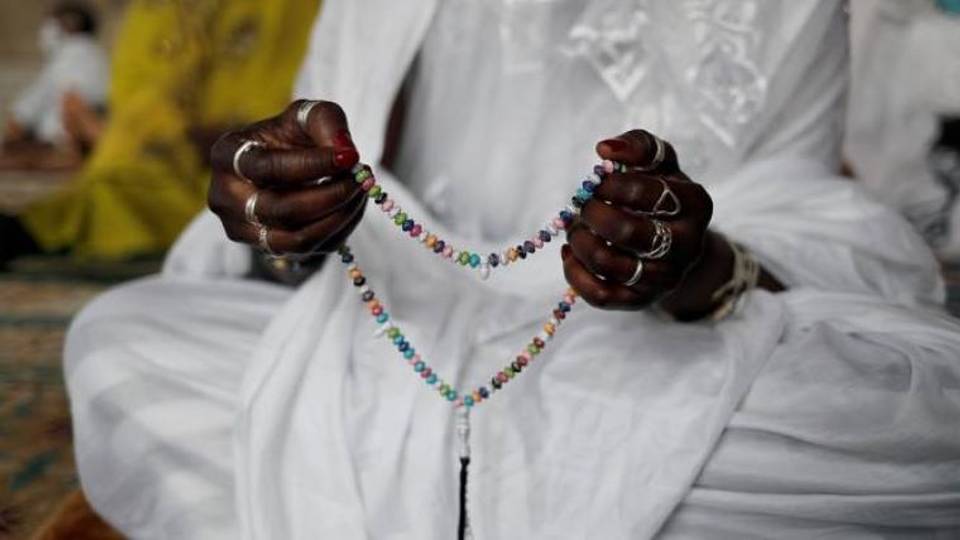
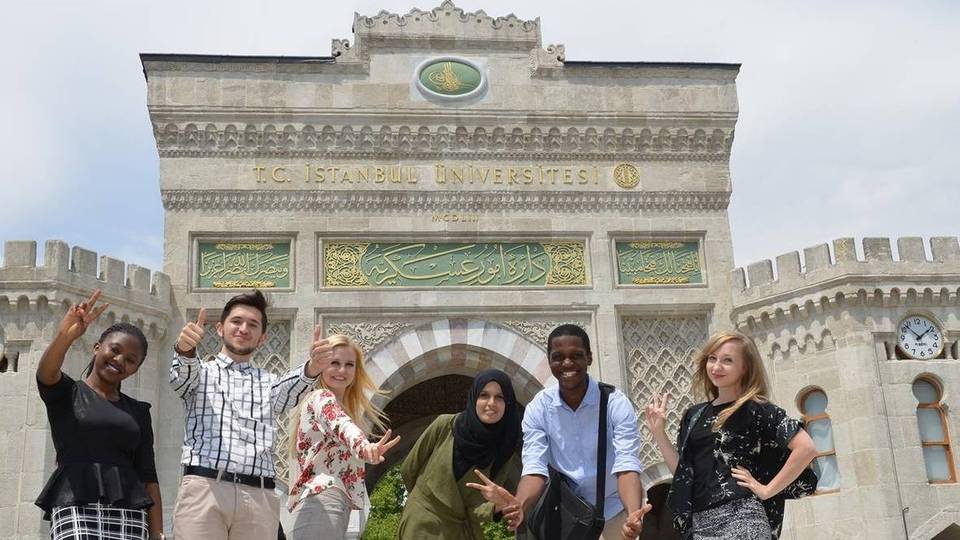
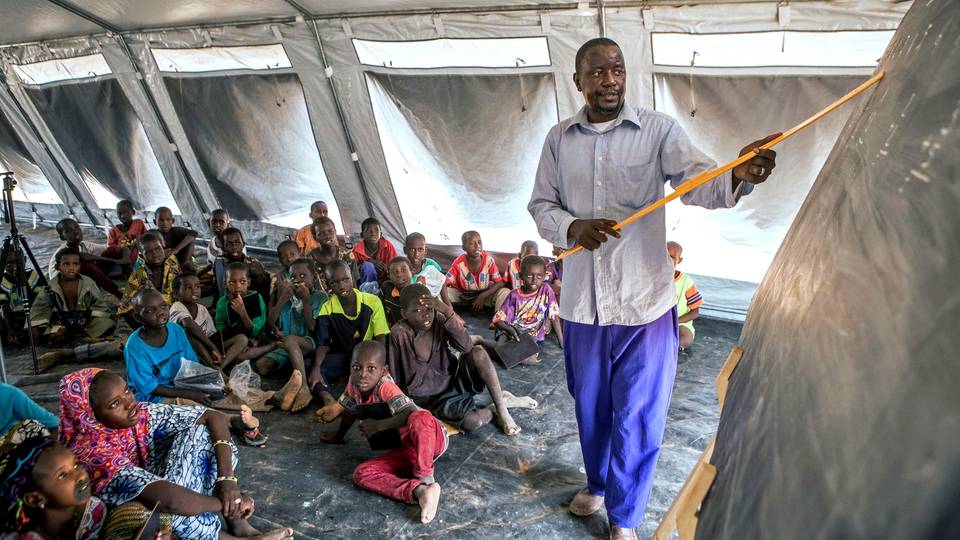
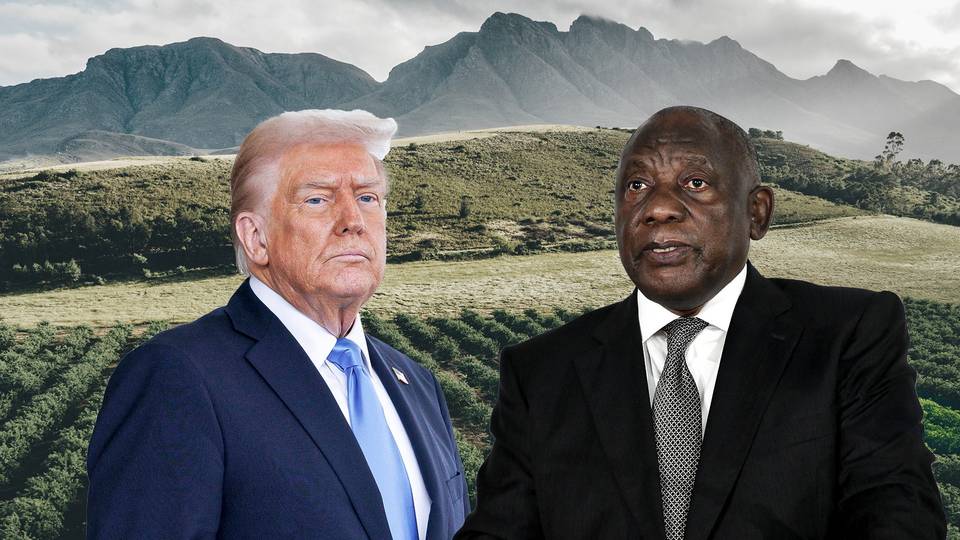








Comment